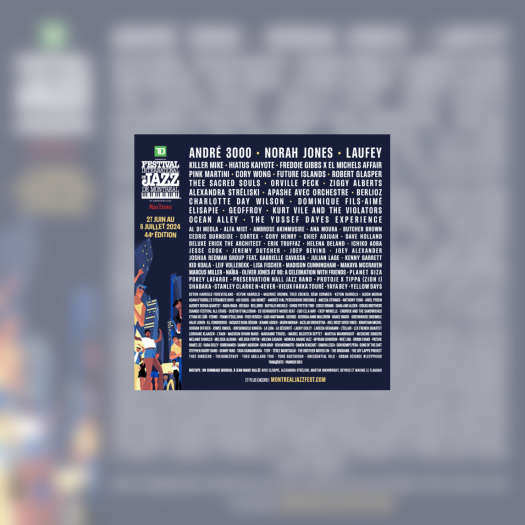Nina Nastasia lives in her own head, judging by the disconnection between her music and her surroundings. Though she grew up in Hollywood and resides in New York, theres nothing urban about her records. Her latest, On Leaving, sounds distinctly American, yet she spent the year that preceded it touring the Balkans and playing around the UK with members of Siberian group Huun-Huur-Tu, the "Throat Singers of Tuva.
"We didnt know them very well, she says. "One night we decided to bring a bunch of beers into the hotel room after a show. Spinal Tap was on TV, and so we all kind of sat around and watched. One of the guys didnt speak English very well, so [Sayan Bapa] basically translated to Kaigal-Ool [Khovalyg]. And so youve got this laughter in different tongues after five minutes of explanation. I guess its pretty universal.
As her collaborations suggest, Nastasia is something of an artistic vagabond, not married to one particular medium. She came upon music accidentally after moving to New York and trying her hand at writing. "I had a lot of time to myself at one point, and I happened to have this dinky little guitar. I did have people around me that were playing music, so I just said, Ah, Ill try! In the meantime Nastasia worked a variety of day jobs (including baby wrangler, the person responsible for putting the baby on the "X at photo shoots for food and diapers), until the patronage of John Peel who championed her 2001 debut, Dogs helped turn the experiment into a career.
With such a resume, its surprising that Nastasias music sounds the way it does: understated and modest. "I wanted it to be kind of pared-down and spare, and I really wanted piano, she comments on her latest. Her personality equally sweet and unselfconscious is the driving force behind her subtle melodies and guitar lines. And like Spinal Tap, its almost universally likeable.
"We didnt know them very well, she says. "One night we decided to bring a bunch of beers into the hotel room after a show. Spinal Tap was on TV, and so we all kind of sat around and watched. One of the guys didnt speak English very well, so [Sayan Bapa] basically translated to Kaigal-Ool [Khovalyg]. And so youve got this laughter in different tongues after five minutes of explanation. I guess its pretty universal.
As her collaborations suggest, Nastasia is something of an artistic vagabond, not married to one particular medium. She came upon music accidentally after moving to New York and trying her hand at writing. "I had a lot of time to myself at one point, and I happened to have this dinky little guitar. I did have people around me that were playing music, so I just said, Ah, Ill try! In the meantime Nastasia worked a variety of day jobs (including baby wrangler, the person responsible for putting the baby on the "X at photo shoots for food and diapers), until the patronage of John Peel who championed her 2001 debut, Dogs helped turn the experiment into a career.
With such a resume, its surprising that Nastasias music sounds the way it does: understated and modest. "I wanted it to be kind of pared-down and spare, and I really wanted piano, she comments on her latest. Her personality equally sweet and unselfconscious is the driving force behind her subtle melodies and guitar lines. And like Spinal Tap, its almost universally likeable.




